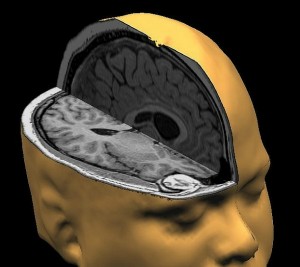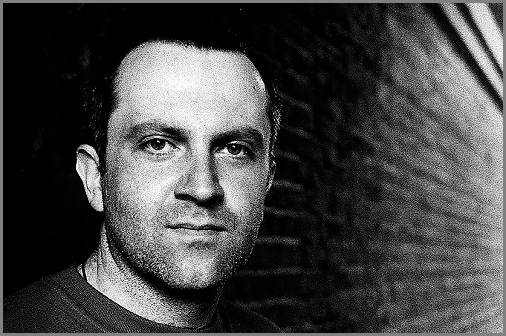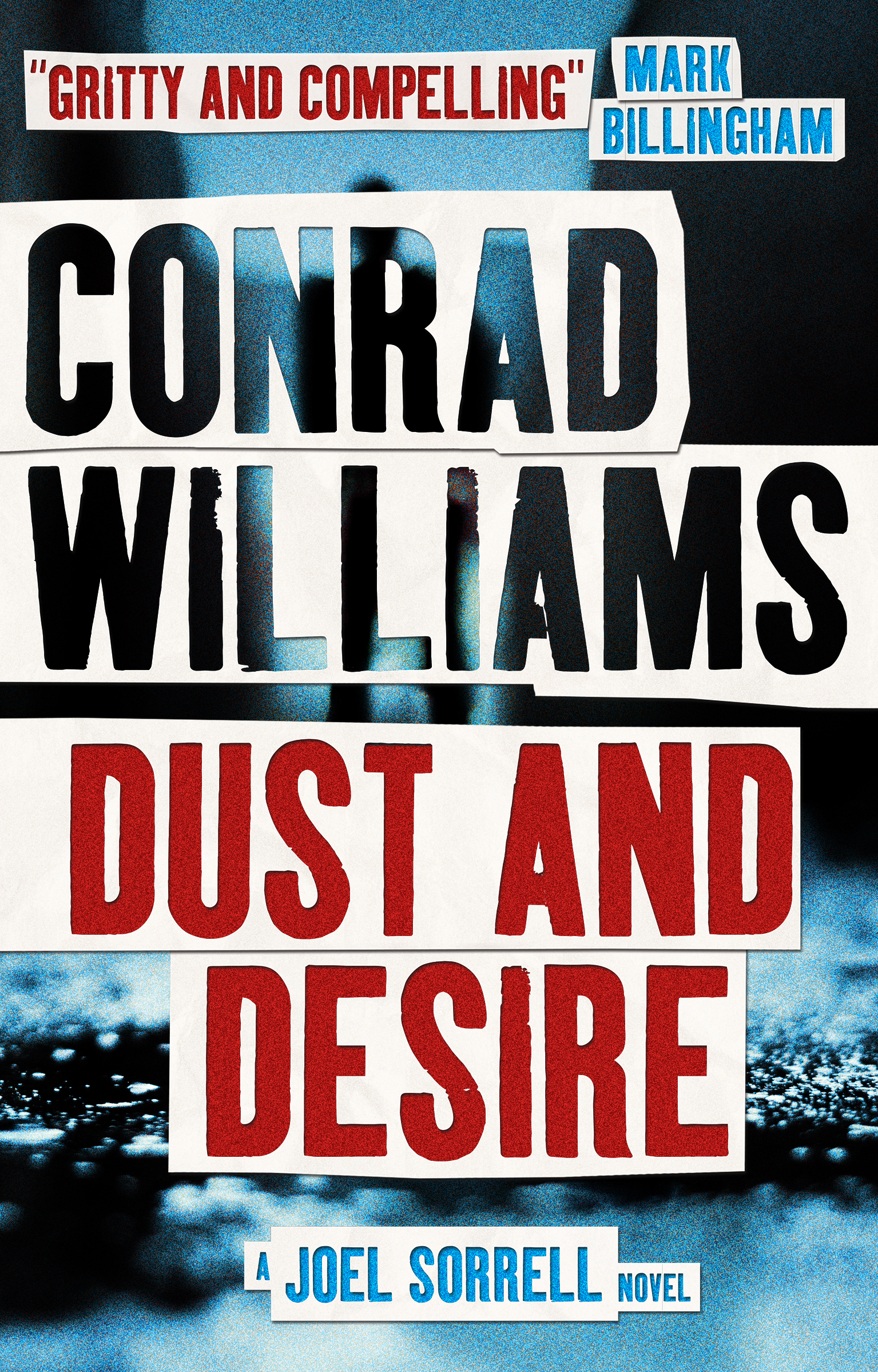You have no items in your cart. Want to get some nice things?
Go shopping
Once upon a time a girl of twelve discovers her mother’s cold, drug-ridden corpse face-down on a mattress. Her response? Breakfast. And then an ambulance. Easter’s reaction to her mother’s death is more than just unexpected; it is verging on robotic. Easter is submerged in a seamy underworld of violence, drugs and gang culture; death is expected rather than feared. In This Dark Road to Mercy, Wiley Cash shows us a world that is not divided into good and bad people, but into ‘fools’ and ‘villains’, a world in which we are never quite sure who belongs where.
As Cash reveals more and more of South Carolina’s cultural underbelly, the day-to-day traumas that these characters experience explain their emotional numbness to scenes that should be evocative to the reader. This disparity between our own emotional reactions evoked as readers versus the characters’ apparent empathic vacuum is contrasted against their desire to have ‘a family’, a craving that drives the novel’s dramatic force.
Recent psychological research sheds some light on this emotional ‘numbness’. Ben-Haim et al’s work on one’s cognitive reaction to trauma suggests continual exposure to bad news ‘neutralizes’ its negative effect on our emotional psyche. These findings emerge through ‘Emotional Stroop tasking’, where participants have to identify the differing font colours in a list of words. Those identifying negative words (like ‘terrorism’) took longer to indicate the colour of the text than neutral words (like ‘table’). This suggests a language-based link; the impact is in the reportage of the event rather than the event itself. Bad news affects us more when it is acknowledged via language.
Euphrates Evans is the first to substantiate this in This Dark Road to Mercy; a minor character, ‘Phrates’ hints at the source of bad blood between Pruitt and Wade. These are tantalisingly no more than hints. Phrates states that Pruitt was injecting the team but that it was not Wade’s fault because that was not ‘who Wade was’. Pruitt cuts him short, telling him it is best not to dwell on the past. As Pruitt’s own narrative vision shifts from Phrates to the game commercial, we, as spectators of Pruitt’s, are forced to watch the TV as well, despite our own desire to look elsewhere. This narrative ‘trip’, where audience and speaker diverge, shows us Pruitt’s inability to fully accept his downfall, which is shown to us through his resistance to have it put into words that his future was lost to a mere ‘dead-beat’ rather than a ‘head-hunter’.
Where Pruitt re-directs focus from his shadowy past, Brady’s past mistake is a hazy image seen through a palimpsest of memory. Brady rehearses his history over and over again so that (much as Ben-Haim indicates) the memory itself becomes distorted: “I’ve gone over and over this in my mind, and every time that driveway gets darker and my headlights seem dimmer” (p.75). As time goes on Brady’s mistake becomes a rehearsal of what he can still remember; this results in us ending up with disjointed sporadic ‘moments’ of the whole scene. Brady’s daughter is complicit in the distancing of Brady’s guilt. She, who witnessed the manslaughter, claims that she cannot really remember it at all. These two instances show us how both under- and over-verbalizing one’s losses result in a sense of detachment from its emotional weight.
Pruitt’s re-directed viewpoint and Brady’s darkening of the driveway show how Cash uses visual imagery as a metaphor to indicate emotional distance. This visual imagery reveals to us how Easter and Ruby process the loss of their mother. Easter’s maturing as a character is reflected through her ‘mother’ role, which is cultivated throughout This Dark Road. In a midnight meeting with her boyfriend Marcus, Easter shares her goal to adopt Ruby as soon as possible so she can look after her whilst Easter goes to college. Easter’s desire to preserve her precious ‘Ruby’ is reflected in her fierce protection of Ruby’s childhood innocence; one instance is where Easter tells Ruby that “Mom” had died because her body was “too tired”, rather than admitting that it was an overdose. As well as maintaining this maternal ‘function’ to Ruby, Easter also starts to take on the physical appearance of ‘Mom’; despite beginning the book as her physical ‘opposite’: “Ruby looked just like Mom… I was just the opposite”, the transformation of sister into mother is complete when Easter dyes her hair brown:
“The girl in the mirror didn’t even look like me, and I saw that with the brown hair and all the sun I’d gotten yesterday that I looked more like Ruby than I ever had before, and I finally looked like Mom.” (p.125)
In looking like Ruby, and looking like ‘Mom’, Easter remakes herself as ‘mother’ in this transformation. This ‘happy family’ (if only by appearances), and the fulfilment of maternal absence within This Dark Road to Mercy is supplemented by Wade also dying his hair brown, and Easter wanting to cry because “the three of [them] finally looked like a family”. Wade even points out these similarities, telling Easter that she is starting to remind him of her mum, (and starting to look like her too). The symbolic significance of Easter being the holiday of resurrection is also significant. Easter resurrects the role of motherhood both physically and emotionally within the text whilst the only other mothers, Wade’s, and Easter’s and Ruby’s, are killed off.
This emulation of motherhood through a twelve year old girl returns us to the difficult questions that Cash poses throughout This Dark Road to Mercy: are familial roles instinctive or performative? Is Easter emulating her mother because she misses her, or because the ‘murdering’ of maternal figures has meant that she is seen as the closest figure to a mother in their absence? What happens when ‘family’ and ‘home’ are not synonymous concepts – what happens when one is not ‘Safe at Home’?

About Claire Rodwell
Claire Rodwell is completing an internship at Litro this month. She is an Oxford based writer and an English finalist at St Anne's College. She has a passion for flash fiction, slam poetry and theatre design.




